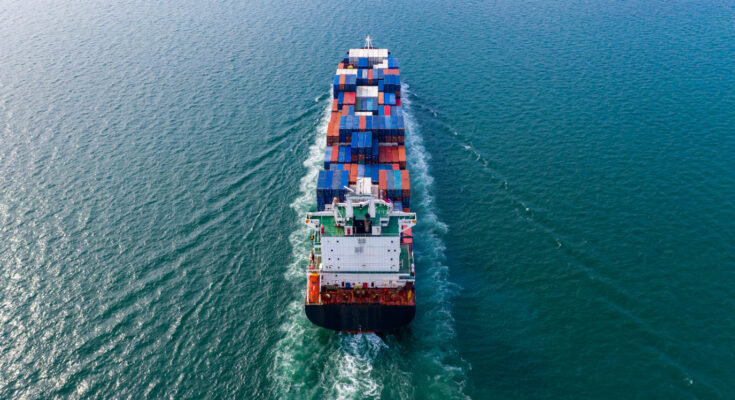A statement made by German Chancellor Olaf Scholz while he was in Vietnam on Sunday indicated that Germany is looking to diversify its supply chains and increase international cooperation with Asian countries on climate protection. On the same day, Germany’s Minister of the Economy Robert Habeck reached an agreement with his Singaporean counterpart on a joint framework that will allow for easier communication between the two countries regarding issues pertaining to economics and business, as well as increased collaboration in the movement toward climate neutrality.
During his speech at a press conference, Scholz stated, “We all know that it is necessary that we diversify our trade and supply chains, that we are not dependent on just one country.” [Case in point] “We all know that it is necessary that we diversify our trade and supply chains, that we are not “In this new way of looking at the world, where we look at many countries, Asia is central. There are many emerging nations that are growing there, and they will play a significant role in the world that is to come.”
Scholz referred to Vietnam as a “partner on the issues that are important to us in terms of combating climate change, the energy transition, and the use of renewable energy sources, but also in relation to resources and because there are many production and investment opportunities here in Vietnam.” Scholz has also announced that this year will see the beginning of a German-Vietnamese energy dialogue. This dialogue will serve as a forum for discussion regarding the opportunities and challenges presented by the transition to a new energy source in both countries.
Scholz made the observation that “Vietnam, with its long coastline and Mekong Delta, is one of the countries that is one of the most affected by climate change in the world.” We are also conscious of the unique responsibility that rests on our shoulders with regard to the achievement of an energy transition and the steps that must be taken to facilitate reductions in CO2 emissions. Scholz also expressed his optimism that the G7 and Vietnam would “soon be able to agree” on the planned just energy transition partnership (JetP), which is intended to facilitate the transition to an economy that is less harmful to the environment.
During his keynote address at the Asia-Pacific Conference (APC) of German Business in Singapore, Habeck referred to Singapore as “an innovation center, investment location, and gateway to other markets in the region, especially for the German economy.” He went on to say that “innovation and sustainability are two key areas of action to develop our respective strengths and become more robust.” Scholz’s three-nation tour of Southeast Asia includes stops in Singapore and Indonesia, both of which are hosting this week’s meeting of the G20 leaders.





